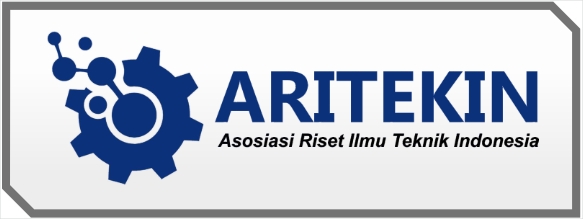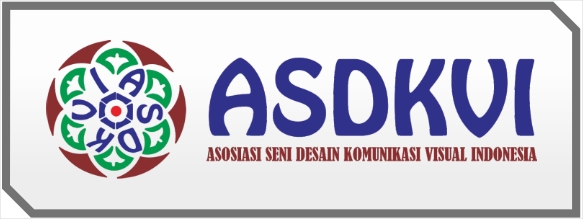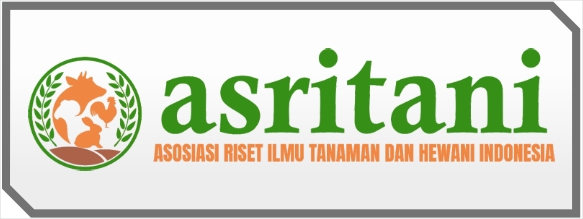Strategi Pengembangan Koperasi Dengan Analisis SWOT
DOI:
https://doi.org/10.59581/jphm-widyakarya.v2i1.2899Keywords:
Cooperatives, Management, Training, SWOT, Development StrategyAbstract
This training on SWOT Evaluation for Cooperative Development is intended to increase the enthusiasm, knowledge, skills and capabilities of the Management, Head of Business Units and Chair of the Simprug Garden Cooperative in managing and developing cooperative businesses. The approach to implementing this activity includes material presentations, question and answer sessions, and group discussions (FGD) regarding business development strategies by applying SWOT analysis. Training material includes SWOT analysis, cooperative management, cooperative business management, cooperative management values, and business development strategies. A total of 20 training participants, consisting of the Management, Head of the Simprug Garden Cooperative Business Unit, and cadre members, participated in this activity. Evaluation is carried out through pre-test and post-test material as well as assessment of the results of Group Discussions related to "formulating cooperative business development strategies using SWOT analysis." The results of the training showed that 83 percent of participants reported a significant increase in their knowledge, while 17 percent felt a sufficient increase in knowledge, enthusiasm, skills and capabilities related to management and cooperative business development strategies. Participants responded positively to the material, especially on business development strategies through SWOT Analysis. The results of the group discussion show that the business development strategy involves: SO strategy (market renewal, business expansion); WO strategy (development and cadre formation, applying for KUR); ST strategy (participating in training, taking advantage of post-pandemic opportunities, seeking additional funding sources); and WT Strategy (promotional intensification). Participants showed enthusiasm in increasing their understanding of setting strategic priorities through group business development and proposed holding further training related to SWOT Analysis and other materials related to cooperative activities
References
Astutik, Dwi, Hesti Ristanto, and Hani Krisnawati. 2020. ‘Analisis SWOT Strategi Revitalisasi Koperasi Pada KUD Pringgodani Kabupaten Demak’ 1 (2).
Ermaya, Sir Kalifatullah. 2019. ‘Strategi Pengembangan Koperasi dengan Analisis SWOT (Studi Kasus di KSU Maju Jaya)’. Ekonomi dan Bisnis 6 (1): 86–100. https://doi.org/10.35590/jeb.v6i1.812.
Kusmiarti, Partini. 2020. ‘ANALISIS SWOT PADA KOPERASI KARYAWAN PT BUMITAMA GUNAJAYA AGRO’. Jurnal Ekonomi Manajemen Sistem Informasi 1 (3): 197–206. https://doi.org/10.31933/jemsi.v1i3.90.
Nasution, Ali Sakti Hamonangan, and Paidi Hidayat. 2018. ‘ANALISIS STRATEGI PENGEMBANGAN KOPERASI DI KOTA MEDAN DENGAN METODE ANALISIS SWOT DAN ANALYTICAL HIERARCHY PROCESS (AHP)’.
Sriati, Sriati, Gatot Priyanto, and Yulian Junaidi. 2021. ‘PELATIHAN ANALISIS SWOT BAGI PENGURUS DAN KETUA UNIT USAHA KOPERASI UNTUK PENGEMBANGAN KOPERASI BMT TRANS MEKAR SARI MANDIRI DI KECAMATAN TANJUNG LAGO KABUPATEN BANYUASIN’. JURNAL PENGABDIAN KEPADA MASYARAKAT 27 (1): 55. https://doi.org/10.24114/jpkm.v27i1.21690.
Sucipto, Rakhmat Hadi. 2021. ‘Analisis Strategi Pengembangan Koperasi Karyawan Republika’. Jurnal Administrasi Bisnis 1 (1): 19–27. https://doi.org/10.31294/jab.v1i1.320.
















